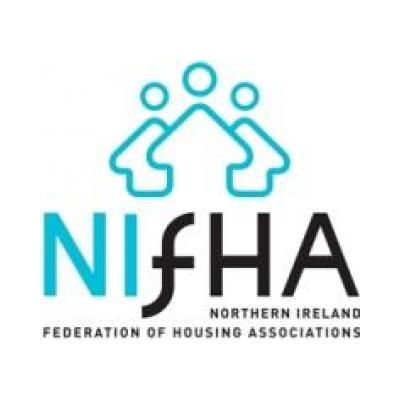Minister Deserves Great Credit for Welfare Flexibilities
The Northern Ireland Federation of Housing Associations (NIFHA)praised Social Development Minister Nelson McCausland for winning significant flexibilities in how welfare reform is implemented in Northern Ireland.
Unlike in Great Britain, tenants in Housing Executive, housing association and private rented homes in Northern Ireland will be able to continue to have housing costs paid directly to their landlord when Universal Credit is introduced. Also, unlike in GB, the payment of Universal Credit may be split between two parties in the household and be payable twice each month. The introduction of Universal Credit will now take place in April 2014 rather than October 2013 as originally planned, allowing more time for preparation.
This approach helps protect vulnerable tenants who will also be able to have their benefits paid more regularly and split between family members, greatly assisting tenants’ cash-flow and budgeting.
By contrast, in Great Britain under Universal Credit housing support will be paid to the tenant along with other benefits in one single monthly payment. This type of payment removes a vital consumer choice that helps large numbers of low-income tenants to budget, pay their rent and ensure their home is secure. It will force social tenants in GB, currently dependent on budgeting on a weekly basis due to very low incomes, to handle much larger sums over much larger periods than they have been used to.
Cameron Watt, Chief Executive of NIFHA said:
“Minister McCausland deserves great credit for winning these flexibilities on welfare reform. In spite of the strong cross-party consensus in Northern Ireland on the need for a different approach from GB to reflect our particular circumstances, Ministers in London were pushing for a uniform system across the UK. However the Minister has listened to the strong case made by NIFHA and welfare groups and delivered for Northern Ireland.
“These changes will greatly help limit the impact of welfare reforms on low-income households. Without them, many tenants in Northern Ireland would have been set up to fail under the new system.
“Without these flexibilities, housing associations would also have faced hugely increased administrative costs in individually collecting hundreds of thousands of extra rent payments annually from tenants, compromising their ability to build much-needed new social and affordable homes.’
“These flexibilities will therefore protect hard-pressed tenants, help safeguard the financial viability of social landlords and maximise future private investment to build homes and refurbish the existing stock.
“NIFHA’s priority is now to work closely with our housing association members, government and advice agencies to limit the severe impact of the bedroom tax in Northern Ireland and ensure everyone can keep their home when the new welfare system is introduced.”
ENDS
For all media queries or interviews, please contact Stephen McGrath on 028 9034 7310 or mobile 079 8947 5561 or email smcgrath@webershandwick.com
Notes to Editors
- Across the entire private and social rented sector in Northern Ireland, 86 of tenants on housing benefit have these payments made directly to their landlord. For housing associations the figure is 97%. For Housing Executive tenants, who make up 42% of the rented sector, the figure is 100%, and in the private rented sector the figure is 74%. (Source: Nelson McCausland, NI Assembly, 24 September 2012).
- Recent research for the National Housing Federation in Great Britain found that one in three social housing tenants on benefit are not confident they can keep up to date with rental payments if they receive their benefit direct. 80% said they will find it more difficult to manage money monthly while 86% believe it is better for benefit to be paid to the landlord. It concludes that the group most at risk from the changes is “Troubled reform resistant strugglers” – primarily family households and overwhelmingly weekly, cash-based managers. (Source: Optimising welfare reform outcomes for social tenants – Policies for the National Housing Federation, 2012)
- The Tenant Direct pilot, undertaken by housing association London & Quadrant between May 2002 and October 2004, took 700 households in Croydon off direct payments. The results were clear-cut. Long-term rent arrears rose from 3% to 7% after 12 months.
- In common with the rest of the UK, the ‘social sector size criteria’ or bedroom tax is due to be introduced in Northern Ireland in April 2013, affecting over 30,000 households in social housing. Working age households deemed to be under-occupying their home docked 14% of their HB if they have one ‘spare’ bedroom or 25% if they have two or more – equating to around a £9 per week short-fall for housing association tenants in Northern Ireland under-occupying by 1 bedroom and £18 for two bedrooms.

